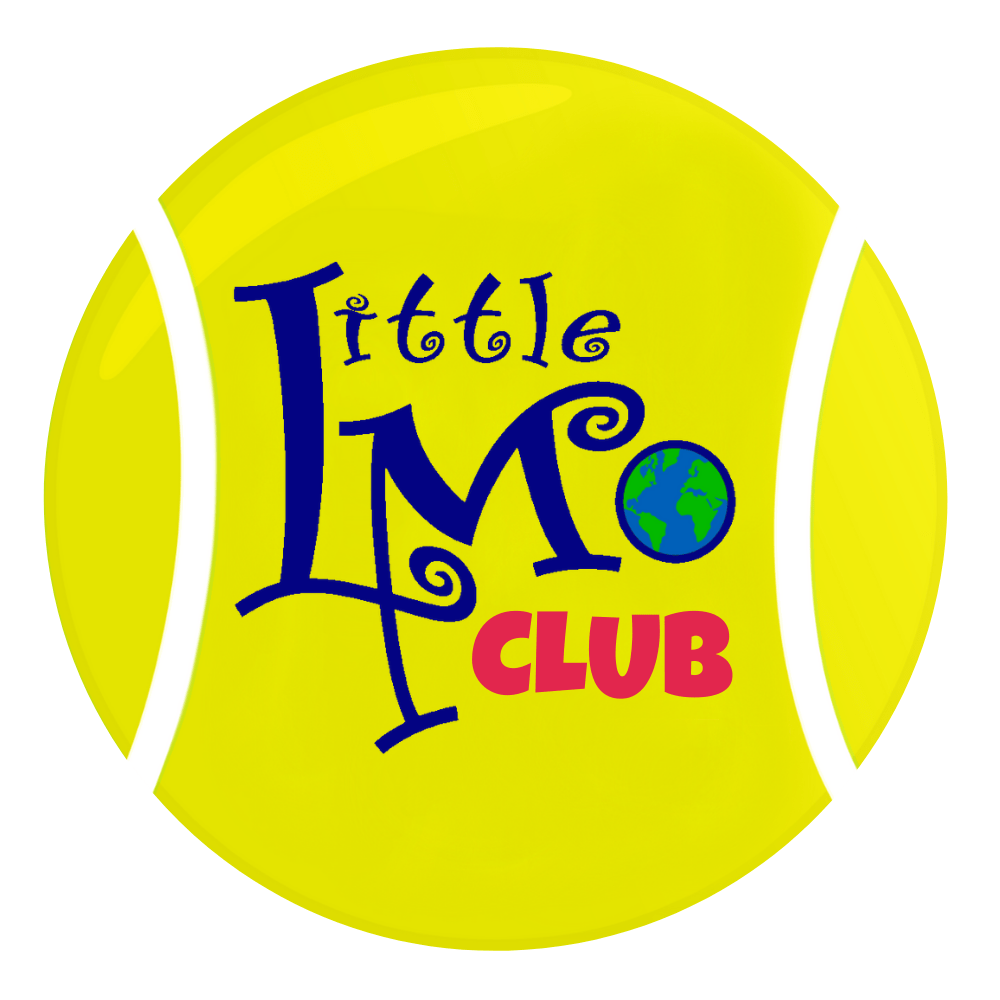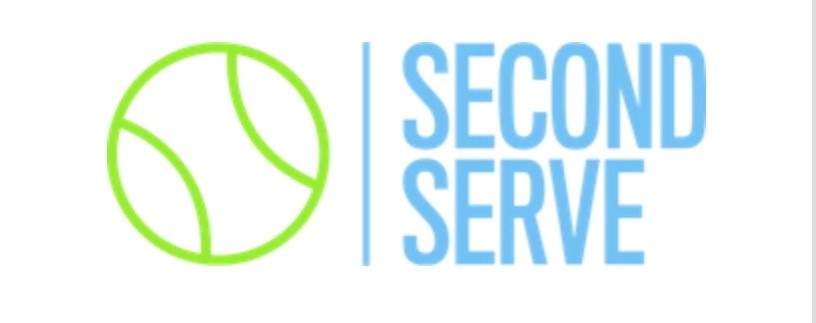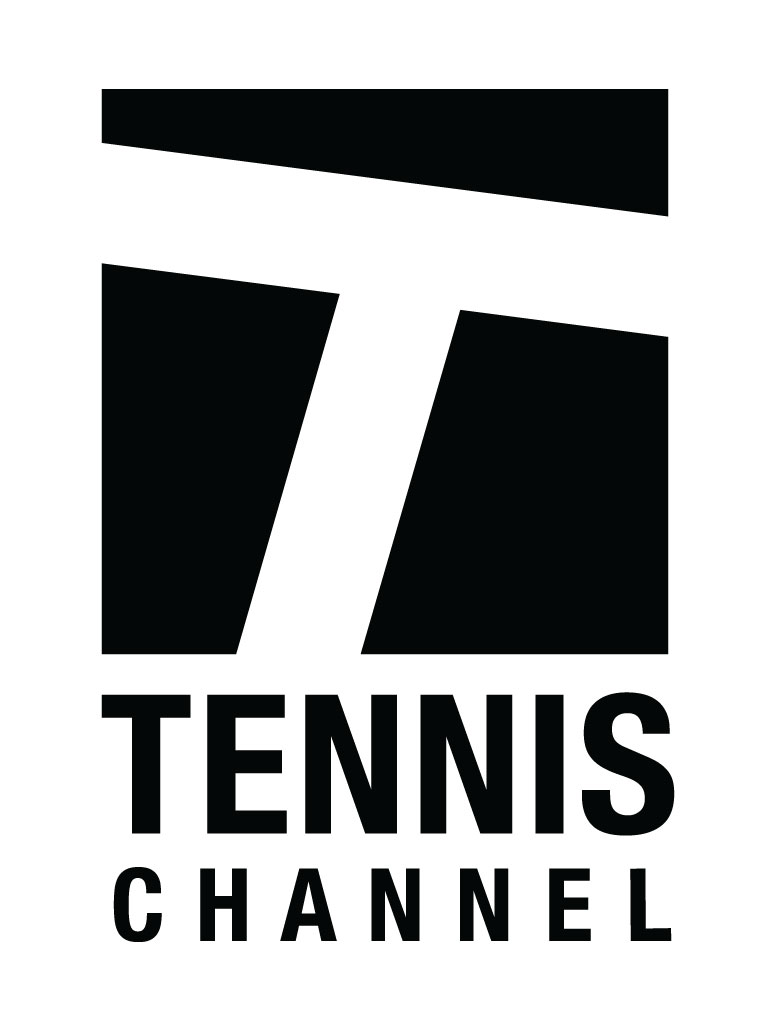How To Find A Qualified Fitness Trainer
Up Next
There’s No “I” in T-E-A-M
Today’s article was contributed by our friends at the International Tennis Performance Association. Research continues to support the need for outside fitness training for athletes, especially those who are specializing in one sport and one sport only. While there is an on-going debate regarding the “right” age to start training, the consensus is that junior athletes need to do work in the gym each week in order to keep their growing bodies in balance. When you have time, be sure to look at ITPA’s website, blog, and Facebook page for more information regarding tennis-specific certifications for fitness trainers and coaches looking to have a better understanding of all the physical aspects of tennis.
Finding certified, competent, qualified fitness trainers to work with your tennis-playing child is one of the most important decisions you will make as a tennis parent. Finding the right fitness trainer (also called a tennis performance specialist) could be the difference between the success or failure of your child as he or she develops through the tournament tennis journey. These individuals may have a background as a personal trainer, strength and conditioning coach, athletic trainer or physical trainer, but the most important component that they need to have is an understanding of the sport of tennis and also an understanding of growth and development issues as children progress through pre-puberty, during puberty and post-puberty.
When interviewing potential tennis performance specialists, it is important to take into account the following major areas:
Work Experience And Area Of Specialization
Ask how many years of experience the individual has working with athletes, but specifically working with tennis athletes. There are many great professionals who do not have tennis experience, but with the right education could become great tennis performance specialists because they have a strong background training athletes in other sports. Do they have experience working with young athletes at different stages of puberty? Do they have appropriate certifications? In the fitness industry, many certifications exist. Some are very good, while others are very limited. In general the base certifications include the following major organizations (in no specific order):
National Strength & Conditioning Association (NSCA)
American College of Sports Medicine (ACSM)
American Council on Exercise (ACE)
National Academy of Sports Medicine (NASM)
International Fitness Professional Association (IFPA)
National Council on Strength & Fitness (NCSF)
National Federation of Professional Trainers (NFPT)
National Exercise & Sports Trainers Association (NESTA)
All these organizations have different goals and objectives in their certification programs. The NSCA is aimed at certifying individuals who will predominantly train athletes. ACSM is an organization focused on education and training for individuals who will be working with the general population and major or minor chronic diseases. The other organizations fall along a spectrum between these two industry leading associations.
Although all these organizations provide a good base certification for a personal trainer, they do not go into the specifics needed to train tennis athletes. The International Tennis Performance Association (ITPA) has the only internationally-recognized tennis-specific performance enhancement and injury prevention certification. The educational program involves a tennis-focused curriculum which assesses an individual’s knowledge in 20 tennis-specific competencies framed in three broad areas:
1) Tennis-specific performance enhancement
2) Tennis-specific injury prevention
3) Tennis-specific leadership/communication
Education
While a base fitness certification from one of the organizations listed above is vital, it is also important to look for an individual with a college degree in exercise science (kinesiology) or a related field. A master’s degree is definitely a bonus. This lets you know that your future hire has a solid educational foundation in exercise program design.
Ask For References
Ask the individual for names, phone numbers and even testimonials of other clients he/she has worked with, particularly those who share similar traits and goals. If available, call previous clients to see if they were satisfied with their training experience and results. Inquire whether the individual was professional, punctual and prepared, and performed a very high level of service.
Talk To The Tennis Performance Specialist
Developing a personal, yet professional relationship with your tennis performance specialist is very important. Trust your instincts. Ask yourself if you think you could get along well with the trainer personality wise, but also from a philosophy and training standpoint. It is important that the communication between the tennis performance specialist and the tennis parent is outstanding. The physical training of a tennis player is not an isolated occurrence. The work that occurs during training sessions carries over onto the court and seamless integration among the parent, coach and tennis performance specialist is paramount to success.
Summary
Hiring a competent tennis performance specialist to work on all aspects of physical training for your tennis playing child (or children) is important and requires an appropriate vetting process. Spending time making sure that the person has the right background to work with young tennis players is a very important decision and hopefully this article has provided some simple tips to help you make a great choice when deciding on your tennis performance specialist.












